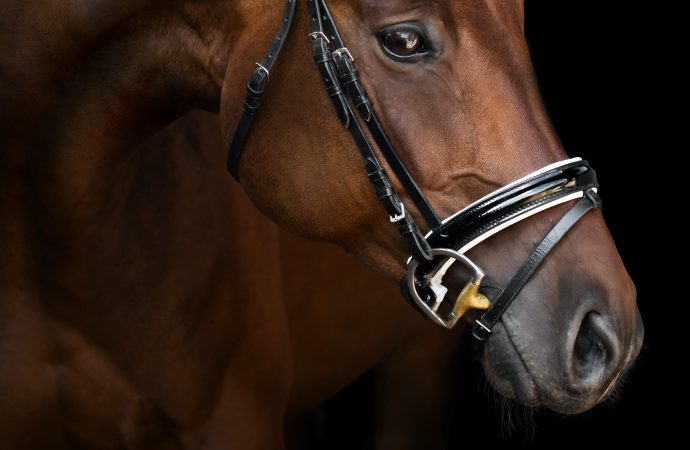I’d be happy to help you with your request for an article on common health issues in mares. Mares are important members of the equine family, but like all animals, they can experience health issues that require attention and care. In this article, we’ll explore some of the most common health issues that affect mares,
I’d be happy to help you with your request for an article on common health issues in mares. Mares are important members of the equine family, but like all animals, they can experience health issues that require attention and care. In this article, we’ll explore some of the most common health issues that affect mares, their symptoms, and treatments.
Firstly, one of the most common health issues mares experience is colic. Colic is a term used to describe abdominal pain and discomfort in horses. Symptoms of colic can include restlessness, pawing at the ground, kicking at the belly, sweating, and decreased appetite. Causes of colic can vary, including changes in feed or water, intestinal blockages, and parasites. Treatment for colic can range from medication to surgery, depending on the severity of the condition.
Secondly, mares can also experience reproductive health issues such as uterine infections or cysts. These issues can result in abnormal discharge, discomfort, or even infertility. Regular veterinary checks and proper hygiene practices can help prevent these issues, but if they do arise, treatment can include antibiotics or hormone therapy.
Thirdly, lameness is another common issue in mares. Lameness can be caused by a variety of factors such as joint problems, tendon or ligament injuries, or even poorly fitting horseshoes. Symptoms of lameness can include limping, reluctance to move, and swelling in the affected area. Treatment for lameness can range from rest and rehabilitation to surgery.
Lastly, mares can also experience respiratory issues such as allergies or infections. These issues can result in coughing, nasal discharge, and difficulty breathing. Treatment for respiratory issues can include medication, proper ventilation, and avoidance of environmental triggers.
In conclusion, while mares can experience a variety of health issues, many of these can be prevented with proper care and regular veterinary checks. By being aware of common health issues and their symptoms, mare owners can help ensure the health and well-being of their equine companions.

















Leave a Comment
Your email address will not be published. Required fields are marked with *